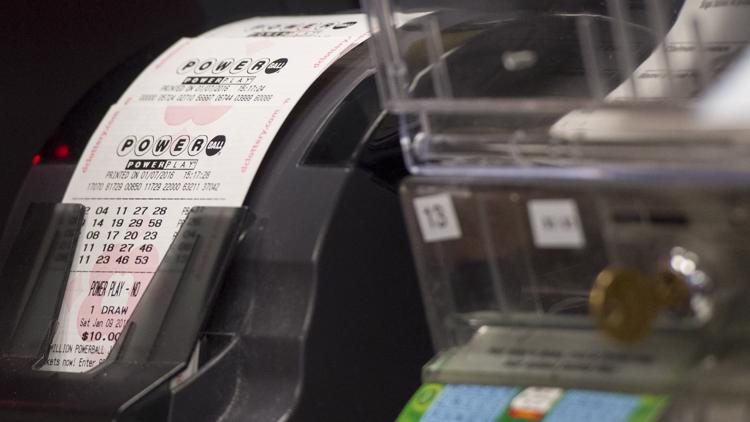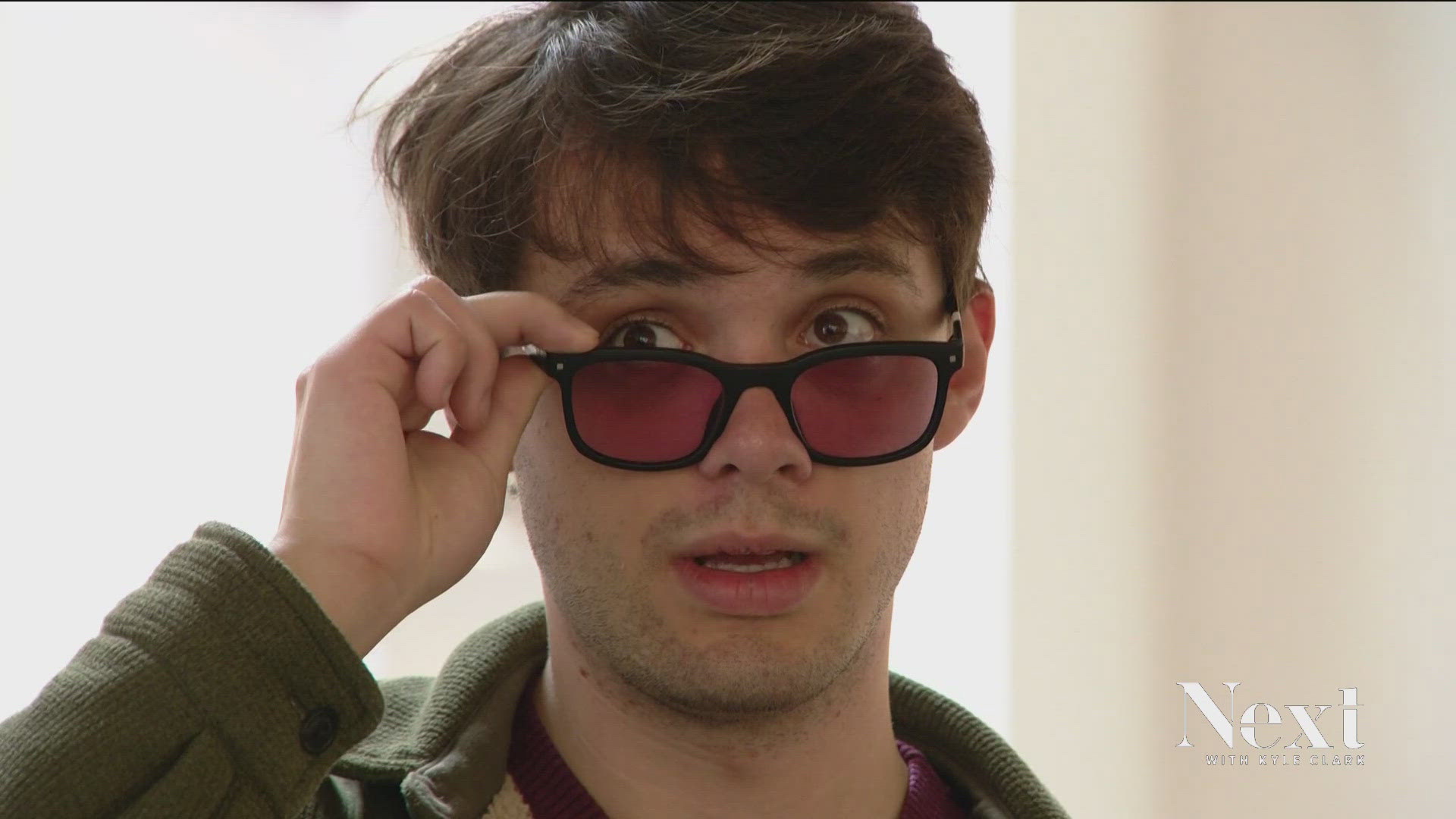The Powerball jackpot made it to $700 million Tuesday morning. It's the second-largest jackpot in Powerball history, according to Texas Lottery.
Next anchor Kyle Clark sat down with Kelly Tabor from Colorado Lottery, and she answered some questions the lottery doesn't often hear:
Q: Take away the media hype. All the stories, all the promotions. Would the jackpots get this big on their own?
A: It's really all speculation it even talk about that because the media hype is always there. I can't separate the two.
The media talks about what the people are talking about. There really isn't a way to extract that. Now, if I had to guess, I would say the jackpots would still get this huge. They would still reach $700 million...possibly a billion because our players are really savvy. And there's a jackpot sign in the window of every single retailer that tells them exactly what level it's at. They know when they're ready to jump in, they know what their threshold is. They're extremely smart and savvy, and they're watching the jackpot climb- that's what's driving it.
Q: I can think of a lot of descriptors for people who choose to play games of chance: fun-seeking, hopeful, this, that, and everything else. Why does the lottery choose to call those folks savvy?
WATCH our full interview with Kelly Tabor:
A: I can only speak to Colorado players, not the whole United States, but our players- I mean 15 million times a year, they're on our website. That's incredible, that's an incredible amount of people. Four million plus unique users every single year and we have all these game tools that they're using, how to find where the unclaimed prizes are
Q: I get that they're interested, but how does that make them smart or savvy? That's the thing I'm trying to figure out.
A: That helps drive their buying choices. They can look up, "Okay I don't want to buy this scratch ticket because there's maybe only one big prize left on it, I want to buy this one." So that's what I mean when I say they're savvy, is they know how to make their buying choices based off the information given to them on our website. And we want to give those tools to them whenever possible
Q: Let's talk about the Powerball. One of the reasons why it's this big is they made it tougher to win the Powerball so that's how it got bigger. In order for it to get to a billion, would Powerball have to make it even tougher to win the jackpot?
A: Powerball changed in October 2015, and yes it became harder to win the jackpot but the way that they changed the matrix, (and Colorado does not have anything to do with that) it made it easier to win lower-tier prizes. I'm talking anywhere from 4 bucks up to a million, two million dollars. It did make it easier to win those. And that was the feedback, the players gave to the group that runs Powerball is we want to win those smaller-tier prizes... the jackpot- it's a pipe dream so we can dream all day along and fantasize what we would do with $700 million but I wouldn't mind winning $200,000 and somebody in Pueblo just won $200,000 on Saturday.
Q: You'll hear the knock on the lottery is basically it's a regressive tax on the poor, that poor folks spend more of their income on the lottery than wealthy folks. That's obviously true in Colorado even if they're playing at the same rate just because smaller pool of income, they're gonna be spending more of their income on the lottery in the same way they're going to spend more money on gas or food or anything else. But the Colorado Lottery seems to have a decent demographic representation of players. Is that just by happenstance? Are you guys very meticulous about not marketing to lower income players? How does that happen?
A: We market to everyone in Colorado across the board, not one single demographic. I think that Colorado is unique. First of all, the lottery gives one hundred percent of the proceeds to the outdoors. We're the only state lottery that does that. By nature maybe people who care about the outdoors and keeping it beautiful maybe they have already you know. We're finding that Colorado players are a little different than the typical lottery player. A higher income level, higher education level. So all those opinions and misperceptions of what a lottery player looks like- they're not the reality. We do studies all year long. We do four studies a year and research, who's our audiences, who's playing our games, so we really know who we're talking to and it's not the type of player you think that it is.
And in case you're wondering, this is where your $2 Powerball money goes, Colorado:
- 68 cents for the Powerball jackpot, and 32 cents for the small prizes.
- 14 cents of your ticket goes to Colorado Lottery's administrative costs.
- 14 cents go to the stores that sell the lottery.
- 36 cents for Great Outdoors Colorado - state parks, trails and open spaces - and some spillover to school funding.
- 29 cents Conservation Trust Fund for local parks and recreation.
- 7 cents Colorado Parks and Wildlife.




